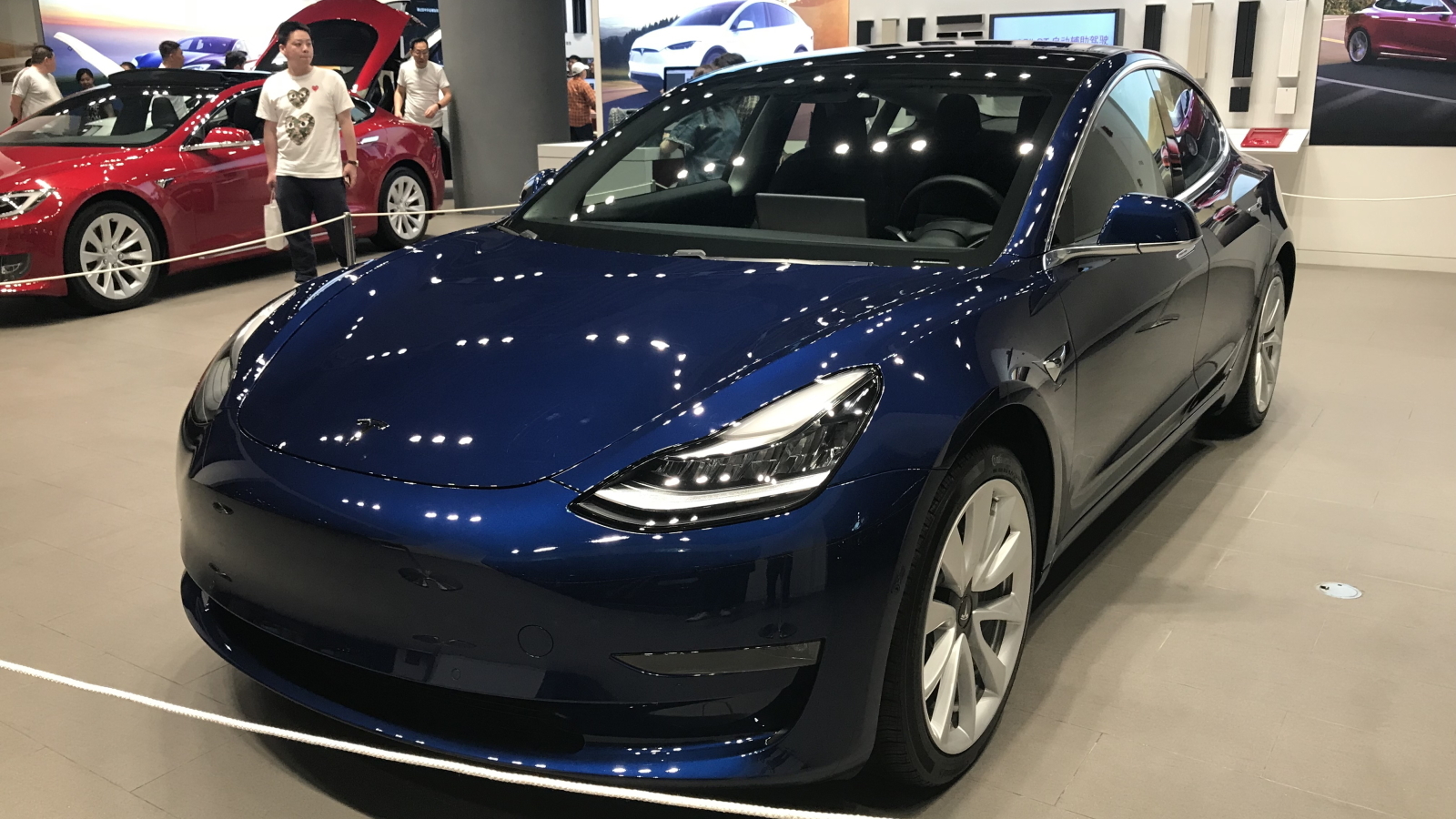Energy investor and writer Brian Gitt recently called attention to the fact that Tesla's lithium producer is looking to expand into a region of China associated with slave labor.
"A lithium producer crucial for global automakers like Tesla plans to explore for metals in a Chinese region tied to slave labor," Gitt wrote in a July 17 Twitter post linking to an article from Bloomberg reporting the development.
Ganfeng Lithium Co. is both China's top lithium producer, as well as Tesla's lithium supplier. Bloomberg recently reported that Ganfeng is looking toward Xinjiang, a region of China tied to concerns about Uyghur slave labor, to explore mining opportunities. Ganfeng chairman Li Liangbin visited the region earlier this year.
“The risks to the EV sector of inputs coming out of Xinjiang is huge,” Horizon Advisory co-founder Emily de La Bruyere said. “It places all of China’s battery production at risk of violating U.S. law and global norms around human rights, and that risk is only going to grow as China continues to build up EV-relevant industries in Xinjiang.”
The Xinjiang Police Files, released earlier this year, verify the global concerns about Uyghur forced labor in Xinjiang and show significant national and local government involvement in the process.
In November, Tesla and Ganfeng announced that Ganfeng will supply Tesla's lithium for electric vehicle batteries for three years, beginning Jan. 1, Forbes reported. Ganfeng's profits have soared in recent years, thanks in part to the increase in global demand for electric vehicles.
China manufactures 60% of the world's supply of EVs, Nikkei Asia reported. China exported almost 500,000 EVs in 2021, more than any other country in the world. China's EV exports to Europe increased five times, due in part to an announcement that the sale of new hybrid and gas-powered vehicles will be banned in the EU beginning in 2035.
Over the last decade, the Chinese government has worked to subsidize the electric vehicle (EV) industry on both the supply side and demand side, and by 2020, almost half of all EVs in the world were in China, according to a report from the Center for Strategic and International Studies (CSIS). The majority of EVs sold in China were manufactured domestically. Between 2009 and 2017, the Chinese government provided an estimated $58 billion in subsidies to the EV industry. China's state support of the EV industry is part of a broader strategy aimed at industrial expansion.

